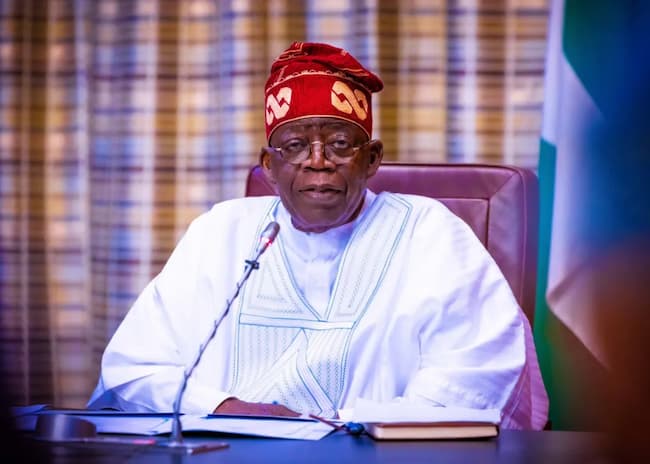The Nigerian Senate approves a $2.2 billion external borrowing plan proposed by President Bola Tinubu to support ongoing projects and programs under the 2024 budget. The approval follows the presentation of the Senate Committee on Local and Foreign Debts’ report, chaired by Senator Aliyu Wammako (APC-Sokoto), recommending the plan.
Purpose of the Loan
Senator Wammako highlights that the loan is essential for advancing national growth and development. It will fund key infrastructure and initiatives outlined in the 2024 appropriation. He explains that the borrowing aligns with Nigeria’s debt management strategy by:
- Reducing the overall cost of borrowing.
- Extending the maturity period of public debt.
- Creating space in the domestic market for other borrowers.
- Strengthening Nigeria’s external reserves.
Funding Sources
The $2.2 billion loan is expected to be raised through various sources, including:
- Issuance of Eurobonds in the International Capital Market (ICM).
- Issuance of debut sovereign Sukuk in the ICM.
- Syndicated loans and bridge financing, subject to market conditions.
The committee recommends implementing the borrowing plan at the budget exchange rate of ₦800 per dollar.
Senate Approval
Following the presentation, the Senate unanimously approves the borrowing plan through a voice vote. Deputy Senate President Jibrin Barau (APC-Kano), who presides over the session, commends the committee for its diligent work.
Background
On November 19, President Tinubu formally requests Senate approval for the $2.2 billion external loan. This borrowing is aimed at addressing the ₦9.7 trillion deficit in the 2024 budget.
In addition, Nigeria is negotiating a separate $500 million loan with the World Bank to improve basic education. The loan is part of the “HOPE for Quality Basic Education for All” initiative, which focuses on improving learning outcomes and reducing the number of out-of-school children. Formal approval for the project is expected by March 2025.
The approved borrowing plan highlights the government’s commitment to balancing fiscal responsibility while addressing vital national development needs.













